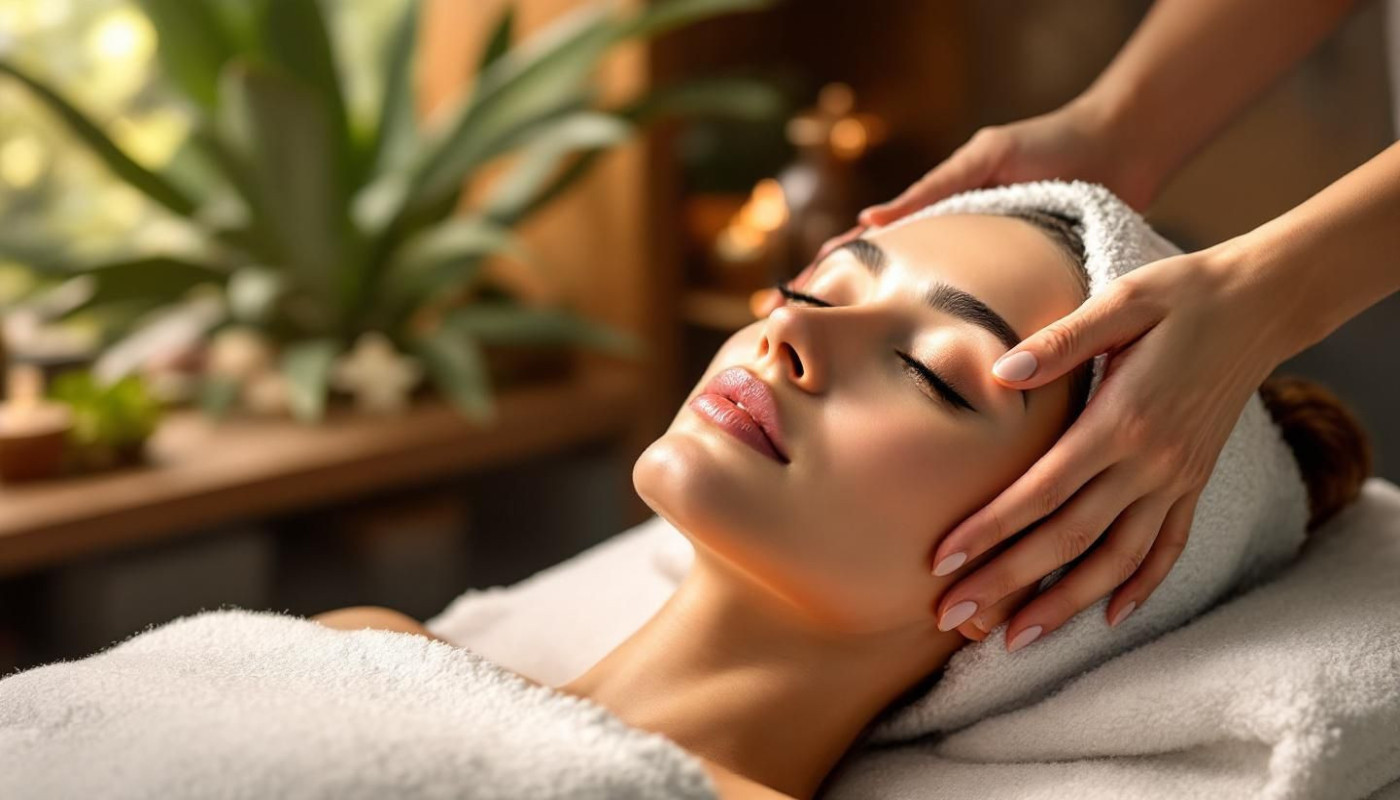Table of contents
Embarking on a journey through the realm of modern healing practices, one encounters a fascinating array of methodologies aimed at fostering well-being. Among these, medical intuitives stand out as a unique blend of traditional insight and contemporary health consciousness. This exploration delves into the role of medical intuitives, inviting readers to uncover the ways in which they contribute to the wider spectrum of holistic health strategies.
The Emergence of Medical Intuition
Throughout history, the concept of medical intuition has often woven its narrative parallel to the advancements of conventional medicine. In ancient cultures, the ability to perceive illness beyond the physical symptoms was highly regarded, and shamans or healers were often credited with intuitive powers. In modern times, this practice has seen a resurgence, capturing the attention of those interested in holistic health and alternative medicine. Medical intuitives assert that they can tap into a person's biofield—a term used to describe the complex energy field that supposedly surrounds and permeates the human body. They examine this biofield to assess not only the physical state but also the emotional and spiritual well-being of an individual.
By integrating energy healing practices, medical intuitives aim to complement traditional diagnostic methods with their intuitive diagnosis, offering a more comprehensive view of a person's health. This approach aligns with the current wellness trends that emphasize the interconnectedness of body, mind, and spirit. The resurgence of interest in these practices can be partly attributed to a growing disillusionment with the limitations of conventional medicine and an embrace of the broader tenets of alternative medicine. A holistic health practitioner, with expertise in both traditional healthcare and alternative modalities, would be best placed to speak authoritatively on the potential benefits of medical intuition.
For those seeking to explore the realm of medical intuitiveness and holistic wellness, resources such as https://www.peggyo.com.au/ can offer guidance. Such platforms often serve as a bridge between the public and practitioners who specialize in energy healing and intuitive health assessments, helping individuals navigate the expanding landscape of holistic health options.
Understanding the Practice
Medical intuitives adopt a unique approach when delving into the realm of healing, often starting with an intuitive reading of an individual's biofield. This process involves perceiving the subtle energy fields that surround and penetrate the physical body. By tuning into this biofield, medical intuitives can often identify imbalances that may correspond to physical or emotional distress. Utilizing their empathic listening skills, they pay close attention to the narratives and energies expressed by clients, which enables them to offer guidance that is deeply resonant and personalized.
Meditative techniques play a pivotal role in the practice of medical intuitives. Through meditation, these practitioners achieve a heightened state of awareness, allowing for a profound connection with the client's energy field. This deep meditative state is not solely for the benefit of the intuitive; it also serves as a therapeutic touchstone for the client, fostering a body-mind connection crucial for comprehensive healing. Energy attunement is another tool in their repertoire, which involves aligning and balancing the flow of energy within the body to promote health and well-being.
Healing modalities employed by medical intuitives often consist of a combination of conventional and alternative approaches, tailored to support the individual's journey to wellness. Among these practices is chakra alignment, a technical term referring to the harmonizing of the body's energy centers. By aligning these chakras, a medical intuitive facilitates a smoother energy flow, supports emotional release, and catalyzes the body’s inherent healing mechanisms. The methodology of medical intuitives, rooted deeply in the tradition of holistic medicine, underscores the indispensable link between emotional and physiological health and the transformative power of a truly integrative healing experience.
Scientific Scrutiny and Acceptance
Within the realms of healthcare, evidence-based medicine stands as a foundational pillar, with clinical trials and peer-reviewed research guiding the practices of healthcare professionals worldwide. The emergence of medical intuitives in the healing landscape has been met with a significant degree of medical skepticism, primarily due to the challenges in quantifying the efficacy of intuitive healing through conventional scientific methods. Mainstream medical professionals often question the legitimacy of such practices, as the current scientific perspective demands demonstrable and repeatable results that validate alternative approaches to healing. Healthcare integration of intuitive practices thus faces an uphill battle, where patient outcomes and safety remain paramount concerns.
While anecdotal success stories may intrigue some within the medical community, the lack of rigorous testing and empirical evidence makes it difficult for these practices to gain widespread acceptance. The placebo effect, a technical term for the phenomenon where a patient experiences a perceived improvement in health despite having received a non-active treatment, further complicates the assessment of intuitive healing's true effectiveness. To bridge the gap between conventional and intuitive practices, more comprehensive studies and dialogue between medical researchers and healthcare policy experts are necessary, potentially paving the way for a more holistic approach to patient care, where intuition could play a complementary role.
Testimonials and Case Studies
Anecdotal evidence, often found in the form of patient testimonials, plays a significant role in illustrating the potential impact of medical intuitives on individual health outcomes. These personal health journeys provide compelling narratives that help to contextualize the benefits and transformative effects that some attribute to integrative therapy sessions with medical intuitives. Such case studies frequently document holistic recovery processes, where patients report improvements in their wellbeing that coincide with the use of intuitive guidance, often in conjunction with conventional medical treatments.
Among the myriad of accounts, some describe instances of remission that defy conventional medical explanations, suggesting that the intuitive's insight may have tapped into a healing pathway that was previously unexplored or overlooked by standard medical practices. While these case studies do not serve as scientific proof, they contribute to the growing acceptance of medical intuitives within certain healing communities, inviting further investigation and dialogue among health professionals and those seeking alternative or complementary therapeutic options.
Future Directions in Healing
As we gaze into the future of healthcare, the integration of medical intuitives into the evolving landscape presents a compelling intersection of age-old intuition and cutting-edge technology. With personalized medicine at the forefront of healthcare innovation, the role of medical intuitives could expand significantly. These practitioners, once relegated to the fringes of alternative medicine, might find new relevance by complementing genomic medicine, where an individual's genetic profile informs tailored treatment plans. In this context, medical intuitives could offer insights that enhance the understanding of a patient's unique health needs.
In this scenario, professional standards and certification programs for medical intuitives become paramount in maintaining quality and trust within the healthcare community. Health futurists and medical ethicists alike underscore the necessity for these practitioners to undergo rigorous training and evaluation, ensuring that their intuitive assessments are both ethically sound and beneficial to patient care. As healthcare continues to embrace technological innovation, from artificial intelligence to advanced diagnostics, the symbiosis between these technologies and medical intuitives could serve as a catalyst for more holistic and patient-centric healing modalities.
Similar articles









